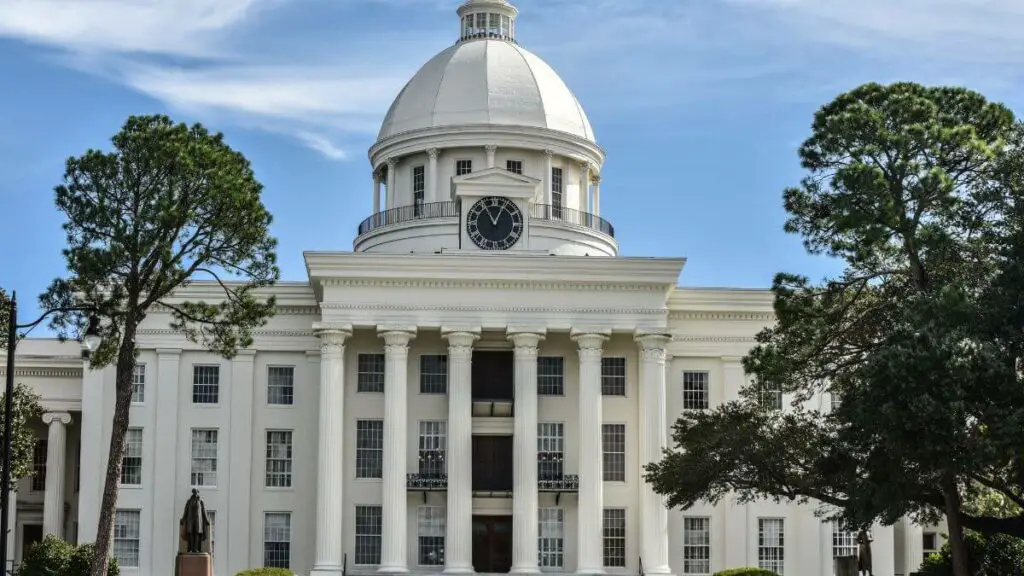Andy Whitt, a Republican state representative in Alabama, wants his state to join the 17 others that have passed a requirement that high school graduates complete a standalone course in Personal Financial Literacy (PFL). This course, usually one semester in duration, would complement existing Economics classes and teach teenagers about budgeting, credit, mortgages, interest, and many other crucial financial topics. Witt’s House Bill 164, requiring a PFL course for high school graduation, has just been approved by the Alabama House Education Policy Committee.
As in many other states, some financial literacy standards have been integrated into other stories. Alabama includes these in career preparedness courses. Whitt’s HB 164 would not only require a standalone PFL course for all high school students, but would include a standardized end-of-course exam to measure student learning. Although students would not [initially] be required to pass the exam to graduate, it would complement an existing requirement to pass a civics exam. With its bipartisan support and with the support of the state treasurer and state superintendent, hopefully, HB 164 will soon find its way to the governor’s desk and receive a signature.
Currently, Alabama has a “B” grade for financial literacy education from the American Public Education Foundation. Its decent-but-improvable score comes from the fact that a PFL-related elective course – Career Preparedness – is currently required to be offered. However, this course is typically offered to 9th-grade students, which is considered too early to be most effective. Also, as an elective, all Alabama teenagers may not take the course, especially those not taking many CTE (Career and Technical Education) courses.
Financial Literacy Education Resources in Alabama
Fortunately, the state of Alabama has many good financial literacy education resources ready to use in creating a required standalone PFL course. The State Banking Department includes a webpage of financial education resources. The University of Alabama at Birmingham contains the Regions Institute for Financial Education as part of the Collat School of Business. This institute provides financial education and resources, such as tax preparation assistance, for community members and UAB students.
Alabama also has chapters of nationwide nonprofits focusing on financial literacy education, such as Jump$tart. The Alabama chapter of Jump$tart was founded more than 20 years ago and is partnered with an impressive list of banks, credit unions, and other nonprofits. It also has a list of Alabama and national resources for financial assistance and financial literacy education resources, as well as economic and business education resources. The United Way of Central Alabama also offers lots of financial assistance and education resources, as does Junior Achievement of Alabama.
With facilities in Huntsville and Decatur, Calhoun Community College also offers a webpage with many financial literacy education resources. Although not specifically offering many resources to the public, both the University of Alabama and Alabama State University have departments dedicated to financial literacy education. When creating a standalone PFL class for high school students, the state’s community colleges and universities would be strong resources to help develop curriculum.

